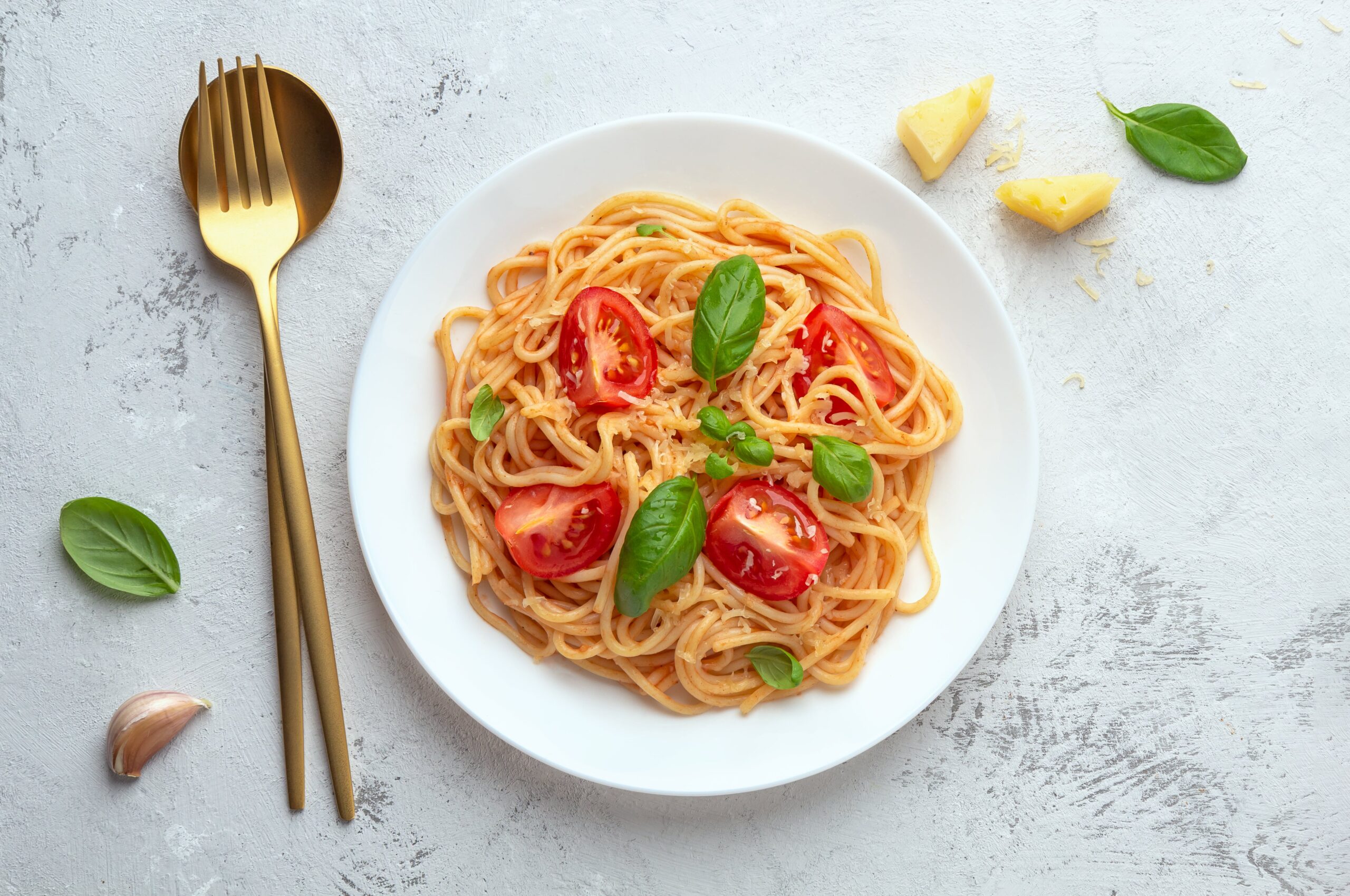Blog

Food Addiction: Fact or Fiction?
The idea of food being addictive has rapidly grown in popularity in recent years in both wellness and research circles, likely as a result of the so-called “obesity epidemic”. But this is actually not a new notion, with the concept of ‘food addiction’ thought to date all the way back to the 19th century.
The first research study into ‘food addiction’ took place in the 1950s and suggested that foods like corn, wheat, milk and eggs may be addictive, as these were bought and consumed significantly more frequently than other foods.1 This conclusion is flawed by a huge (and probably obvious) oversight however, which is that the high consumption of these foods is due to them being pantry staples!
This theory has evolved over the last 70 years, and foods high in fat and sugar are now thought to have the most potential to be addictive.
However, the concept of ‘food addiction’ is still widely debated in the scientific community, as there is very little convincing evidence to differentiate food from being addictive or merely a requirement for survival.
One method of evaluating an individual’s addiction-like food behaviours that has been developed is the Yale Food Addiction Scale. It’s estimated that approximately 5-10% of people show signs of food addiction using this scale.2
Interestingly, a review of sixty studies that used the Yale Food Addiction Scale to assess eating behaviours found that ‘food addiction’ was strongly associated with the presence of an eating disorder.3 The criteria indicating a ‘food addiction’ are remarkably similar to many eating disorder presentations, such as:
- A preoccupation with food
- Eating beyond fullness
- Avoiding certain foods
- Unhealthy weight loss practices
- Eating in secret
- Avoiding social situations involving food
- Guilt after eating
As a result, it may be theorised that a “food addiction” is merely an unhealthy relationship with food or an undiagnosed eating disorder.
As noted earlier, sugar has become the main focus of the discussion around ‘food addictions’. However, the potential for sugar to be addictive has only been demonstrated successfully in rodents (not humans) and only when their access to sugar was periodically restricted.4
This is in line with what we would expect with the restrict-binge cycle, which describes the phenomenon wherein a period of food restriction is followed by an episode of binge eating.
Two of the criteria of the Yale Food Addiction Scale indicating an addiction to food are the attempt to “cut down or stop eating certain kinds of food”, as well as an “elevated desire for or urges to consume certain foods when I cut down or stop eating them”. Both of these criterion suggest a period of restriction, in which food cravings or an episode of binge eating would be expected.
So far, researchers have been unable to trigger addiction-like eating behaviours in either animals or humans without first restricting food access. Instead, it’s more likely that humans simply enjoy the taste of these “addictive” foods and that desire for them has been exacerbated by previous restriction.
The addictive potential of food is often compared to alcohol and drugs because they trigger the release of some of the same feel-good brain chemicals, such as opioids and dopamine.5 There have even been attempts to use a 12-step program to treat ‘food addictions’ that mirrors the program developed for alcohol addiction. The success rate of these programs in the treatment of ‘food addictions’ is unclear.
There is, however, a key difference between a ‘food addiction’ and an alcohol or drug addiction that can’t be overlooked; the consumption of food is imperative for survival while the consumption of alcohol and drugs is not.
Instead, food might be better compared to oxygen. We feel desperation when it is restricted, not because we are addicted but because we need it to survive!
If you’re concerned about your eating behaviours and believe to be ‘addicted’ to food please reach out to us at [email protected] to connect with one of our expert dietitians who can help you to restore your intuitive relationship with food.
Karli Battaglia MDiet, APD
EHL Team x
References
- Randolph T. The descriptive features of food addiction; addictive eating and drinking. Q J Stud Alcohol. 1956;17(2):198-224.
- Meule A, Gearhardt A. Five years of the Yale Food Addiction Scale: Taking stock and moving forward. Curr Addict Rep. 2014;1:193-205.
- Penzenstadler L, Soares C, Karila L, Khazaal Y. Systematic Review of Food Addiction as Measured with the Yale Food Addiction Scale: Implications for the Food Addiction Construct. Curr Neuropharmacol. 2019;17(6):526-538.
- Westwater M, Fletcher P, Ziauddeen H. Sugar addiction: the state of the science. Eur J Nutr. 2016;55:55-69.
- Smith D, Robbins T. The Neurobiological Underpinnings of Obesity and Binge Eating: A Rationale for Adopting the Food Addiction Model. Biol Psychiatry. 2013;73(9):804-810.













